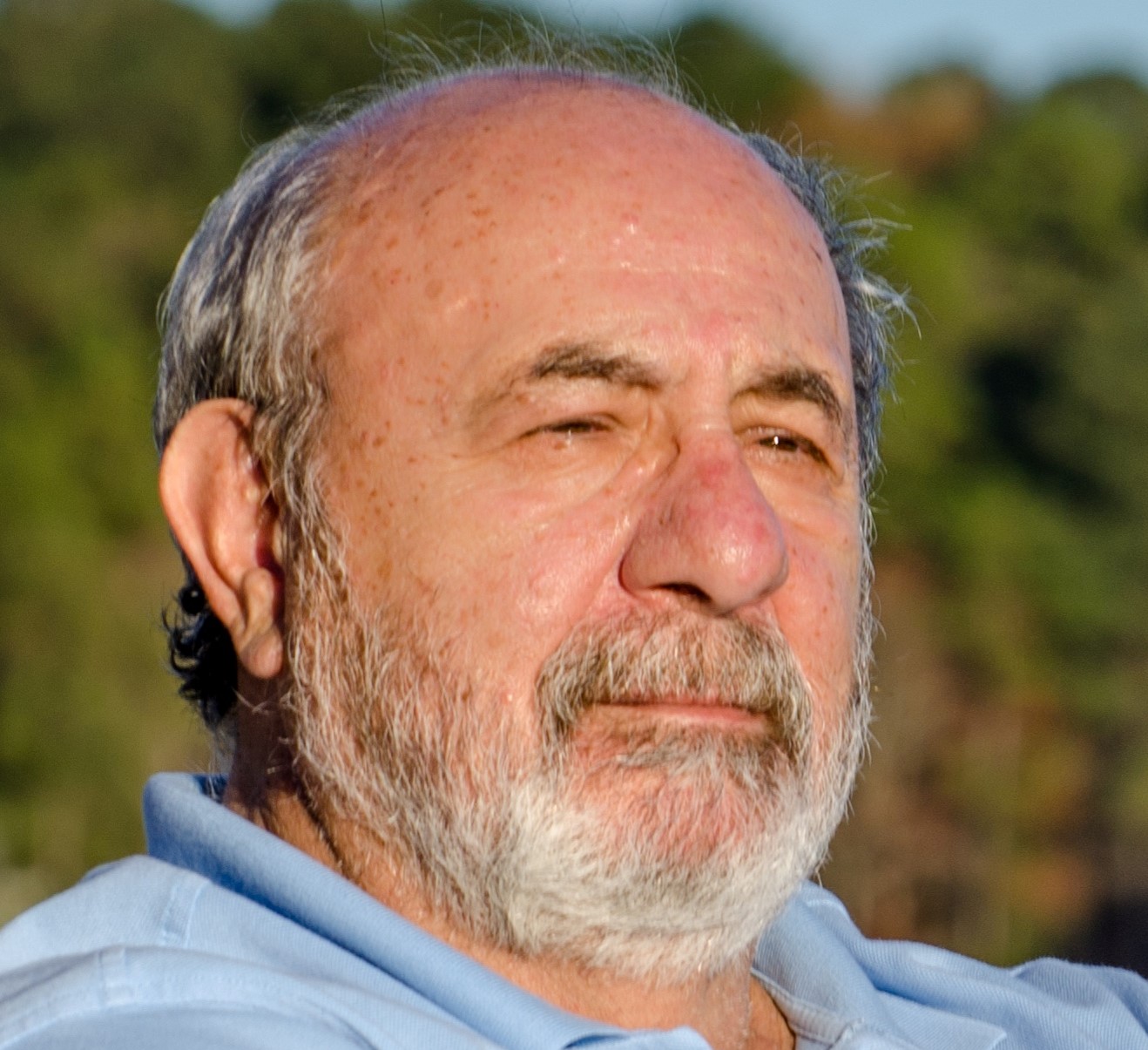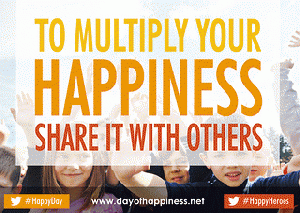International Day of Happiness by getswipp
Here's a word that you don't hear very often -- epistemology. Don't worry, just keep on reading. It's the
branch of philosophy that studies the nature of knowledge, its presuppositions,
foundations, and validity.
Why on earth
would you want to know that? I think I can
convince you why you need to
know that. Ready? Here it is: Our current, albeit subconscious, philosophy of knowledge, is destroying us.
We are taught
from the earliest age, that we need to know more concepts, facts and
information. At all levels of our
educational system we examine, memorize, absorb, regurgitate facts, figures and
information. The goal of all of this is utility. That is, the usefulness in practical terms
that comes from the information that we study so hard to get.
Maybe we need to
re-examine our emphasis. Maybe we need
to recognize that utility is not the only purpose for knowing. Granted, this kind of knowing has served us
very well, but it seems to be failing to save us from the disastrous trajectory
we're on. We need to reconnect with our
natural human capacities, which brings wisdom to our use. Our pervasive search for conceptual
knowledge, has diminished the importance of wisdom.
Different from
some older cultures, we honor our young who have an expert grasp of concepts
and ignore our elders who can provide the wisdom that balances decisions. From the Dalai Lama," In our
increasingly materialistic world...there seems to be something lacking within
our hearts".
And that's the
key. We don't teach our hearts. We teach our heads. We teach people to learn as much information
as they can so they can get the things they want -- emphasis on things.
So what's wrong with
that? When all we depend on is
information, dis-information can have a much more disastrous effect. It's like blowing a tire. It's hard to steer a straight course. If it lasts long enough, we lose our
bearings. Sound familiar? We're approaching most of our national
problems from this philosophical basis. I would argue that we could solve more
problems if we listened to our hearts too.
We've been
seduced into believing information is king.
If we just come up with the next great idea, we can get through any
problem -- any crisis -- any obstacle. But
we are forgetting that wisdom tempers our thinking. So while we try to figure out how to cope by
using our heads, many of the answers lie in our hearts. We have honored science, facts, concepts,
data and information for so long that we've forgotten how to listen to the
wisdom that lives in our hearts.
We could solve
most of our political problems with a good dose of empathy. Empathy comes from our hearts. It evolves from the wisdom gained by living
our lives. Most of us know right from
wrong, yet we don't let that knowledge lead us to doing the right thing. Why? Are
we afraid to let our humanity show?
Oops! Who wants
that? We've learned that to be
successful, we must use the knowledge in our heads. Forget our hearts. Yet when we're on the receiving end, we want it
the other way around. We can learn a lot
by listening to our hearts. But we've
been trained to listen to our heads. We are burdened with the lessons learned
and shaped by an epistemology that honors facts and figures and not our natural
instincts.
Isn't it time to
reject the notion that all we have to do is gather more facts to make things
better? Maybe the next great idea is
that we change our way of thinking about what we need to know to make us happy
and complete as human beings.
The comedian, Louis CK once said, "everything
is amazing and nobody is happy." Doesn't
that strike you as a little weird?
Robert
DeFilippis






